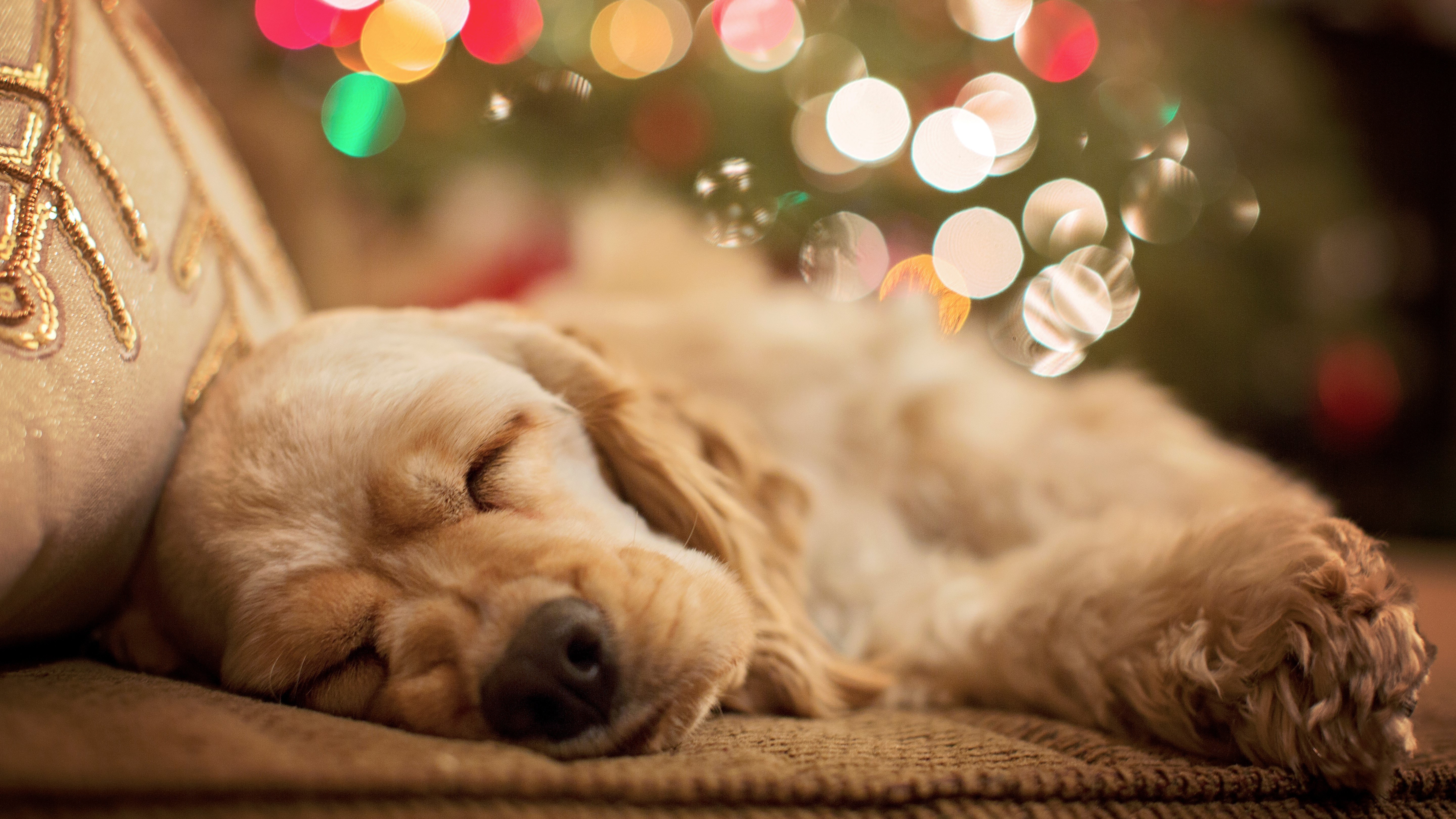
Keeping Your Pet Happy & Healthy At Christmas
Read our top tips.
The festive season is full of an array of sparkly items and delicious food – a real temptation for your pet! Make sure your festive season is pet-proofed to avoid any accidents or more serious incidents.
Remember to check your local surgery opening hours and where you can see a vet in an emergency outside of these times.
Santa Paws appeal
Our Pets at Home Foundation Santa Paws appeal has arrived! Support your local charity by donating in a Pets at Home store or online. Together we can help pets and the people who love them this Christmas.
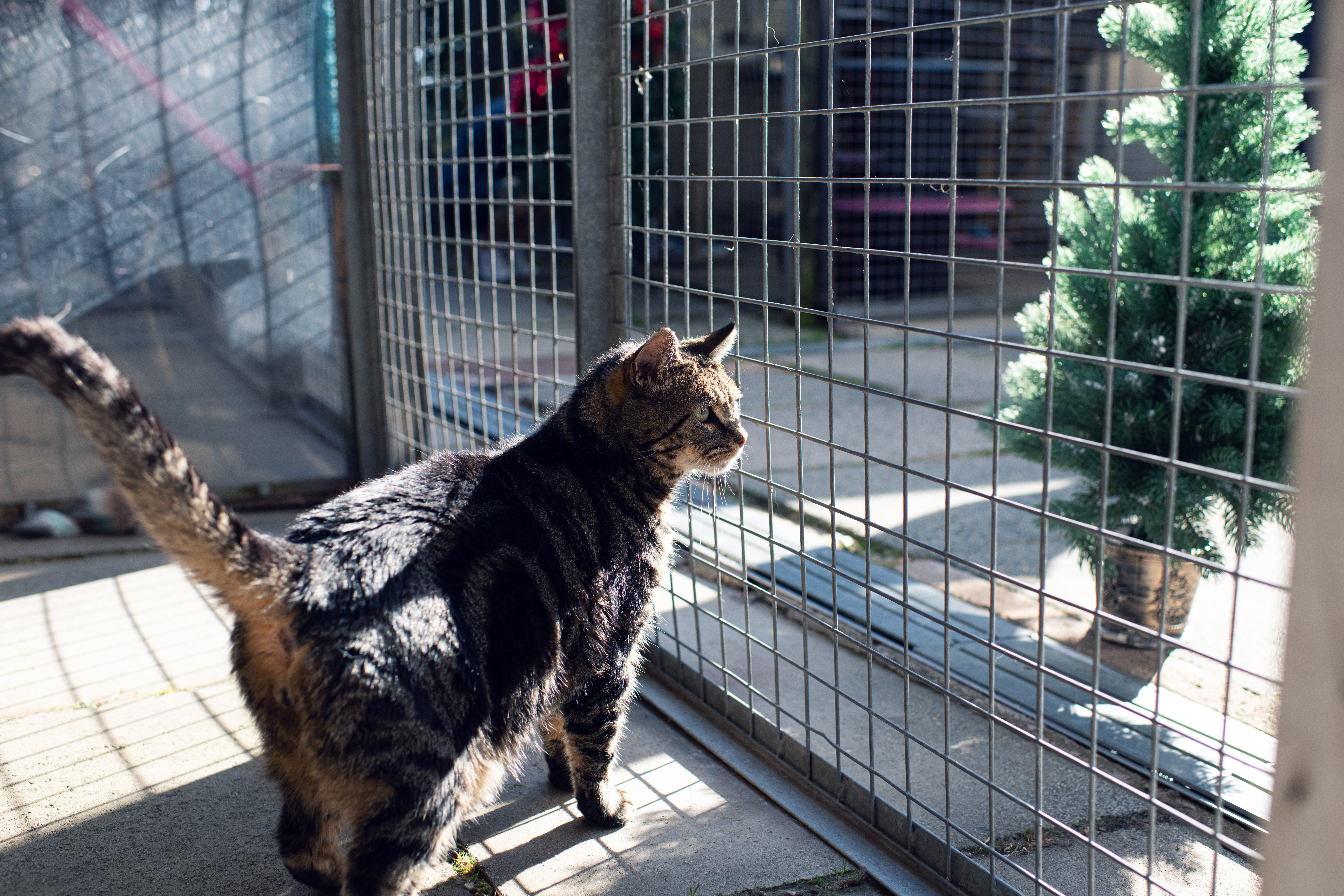
Festive food hazards
We all want to treat our pets, especially over the festive period, but over-indulgence in unfamiliar foods or fatty gravies can cause gastroenteritis.
To us, it is hard to tell what’s inside a wrapped gift, but a box of chocolates is no secret to your dog as they can sniff out food regardless of the wrapping paper. Remember chocolate is toxic to your dog so always put edible presents safely out of the way to avoid emergency vet visits over Christmas.
Chocolate, macadamia nuts, onions, grapes, sultanas, raisins and alcohol are all toxic to pets (so keep that Christmas pudding out of reach!).
Bones can splinter off and get stuck in your pet’s intestines, so never allow your pet to chew on them.
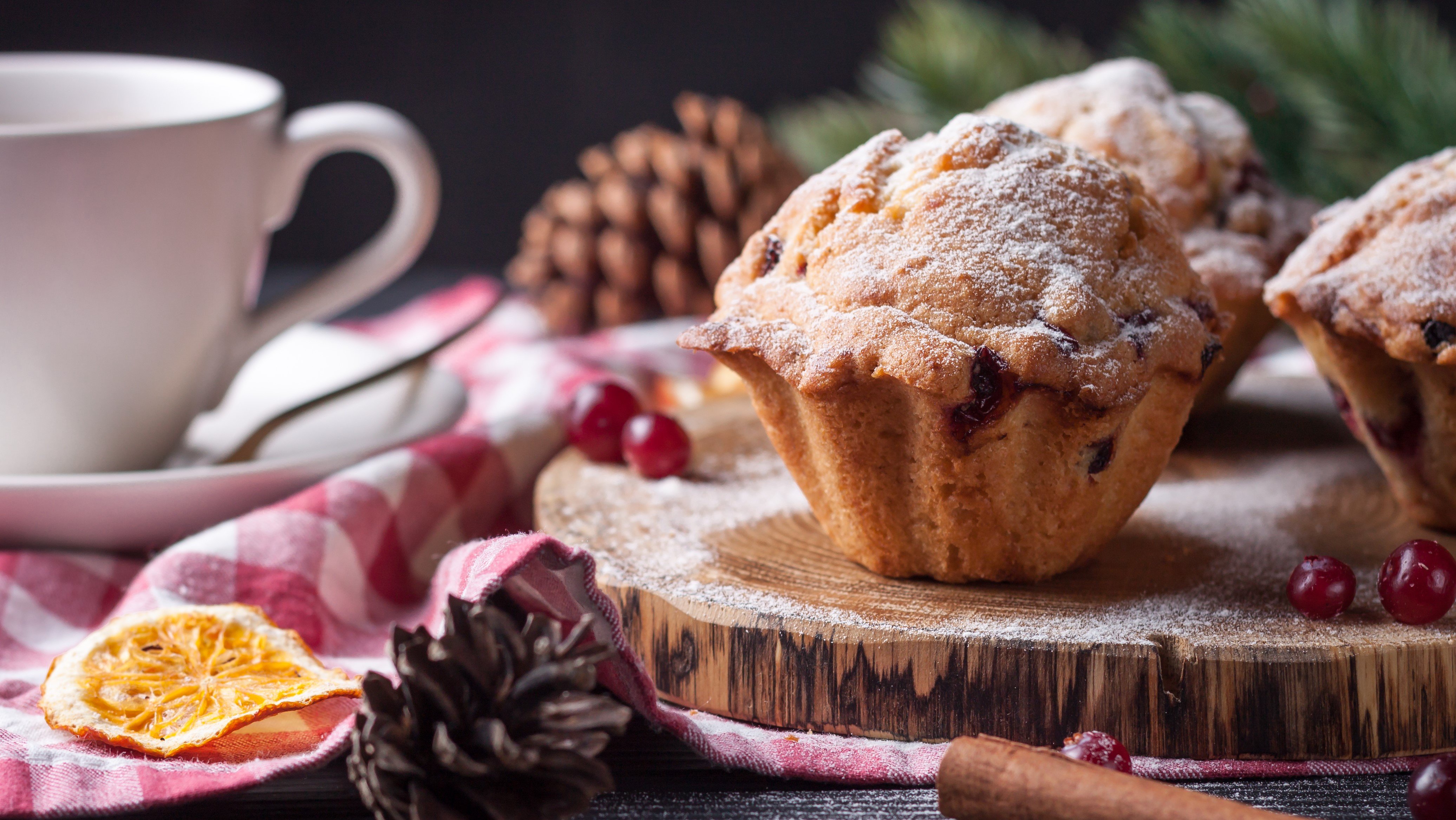
Christmas trees & festive plants
Did you know that some festive plants are poisonous to animals? Popular Christmas plants like holly and mistletoe, along with their berries, are toxic to pets if ingested so keep these out of reach!
And although most species of Christmas tree are low in toxicity, they could cause a stomach upset if chewed. It's also important to clean up fallen Christmas tree needles so that they don’t get stuck in paws.
Cats in particular are curious creatures, so it's no wonder that some are fascinated when we start to decorate our homes with Christmas trees and sparkly decorations. Read our top tips for keeping your cat safe around the Christmas tree this year, to avoid any "cat-astrophes"!
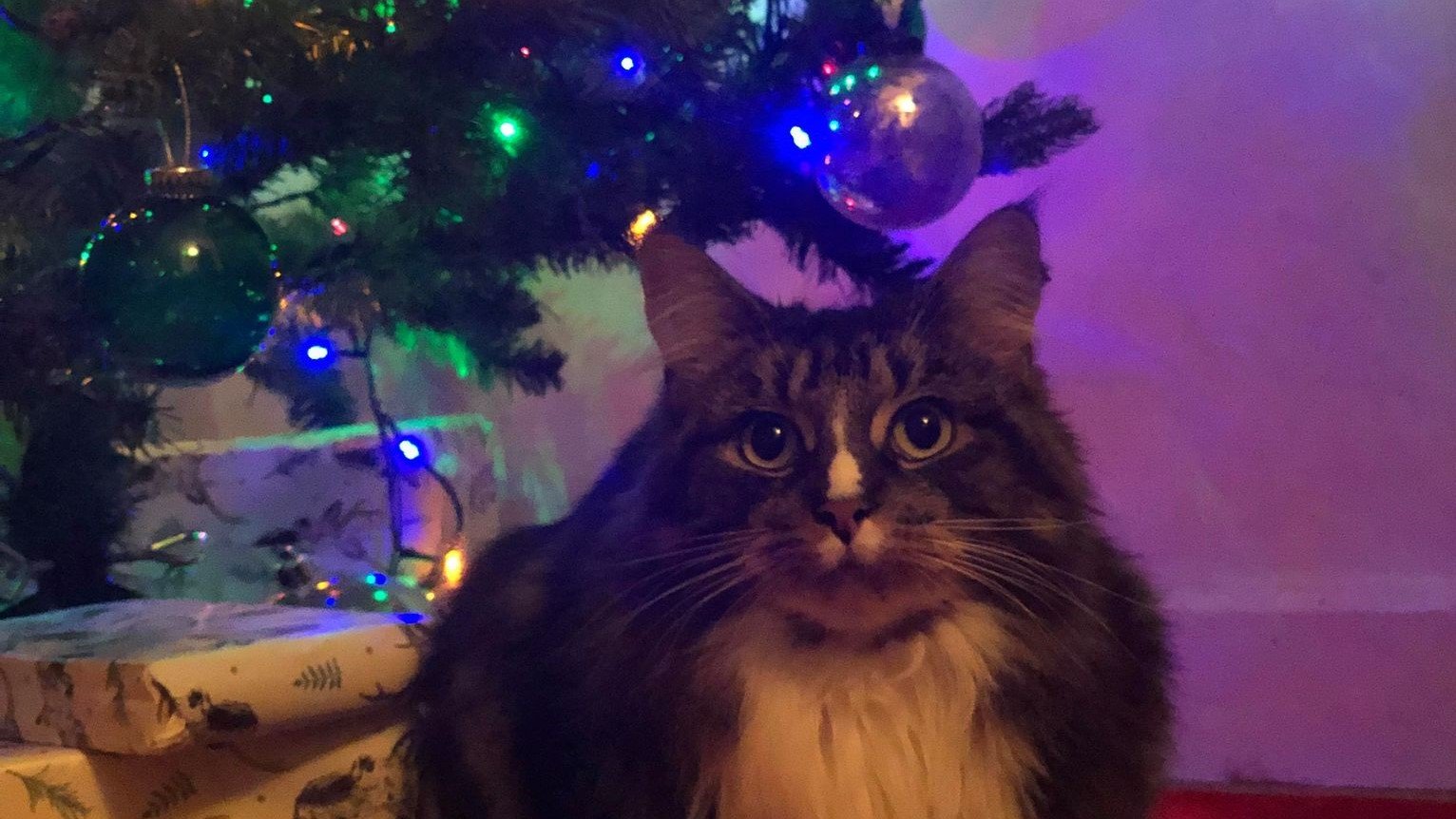
Helping pets cope in a group of people
While some pets love a party, many find the noise, excitement and number of faces overwhelming.
Ideally pets should have their own quiet space to retreat to if you’re hosting people at home, where no-one will disturb them. You can move their food, water and bed there a few days in advance to get your pet used to having them in a new spot.
If your party has children attending, make sure that they know how to interact safely with your pet and never leave pets and children unsupervised. Even the friendliest of pets have a limit.
Checking everyone is having a good time, including our furry family members, makes for the perfect party so have a look at our top tips for keeping everyone happy.
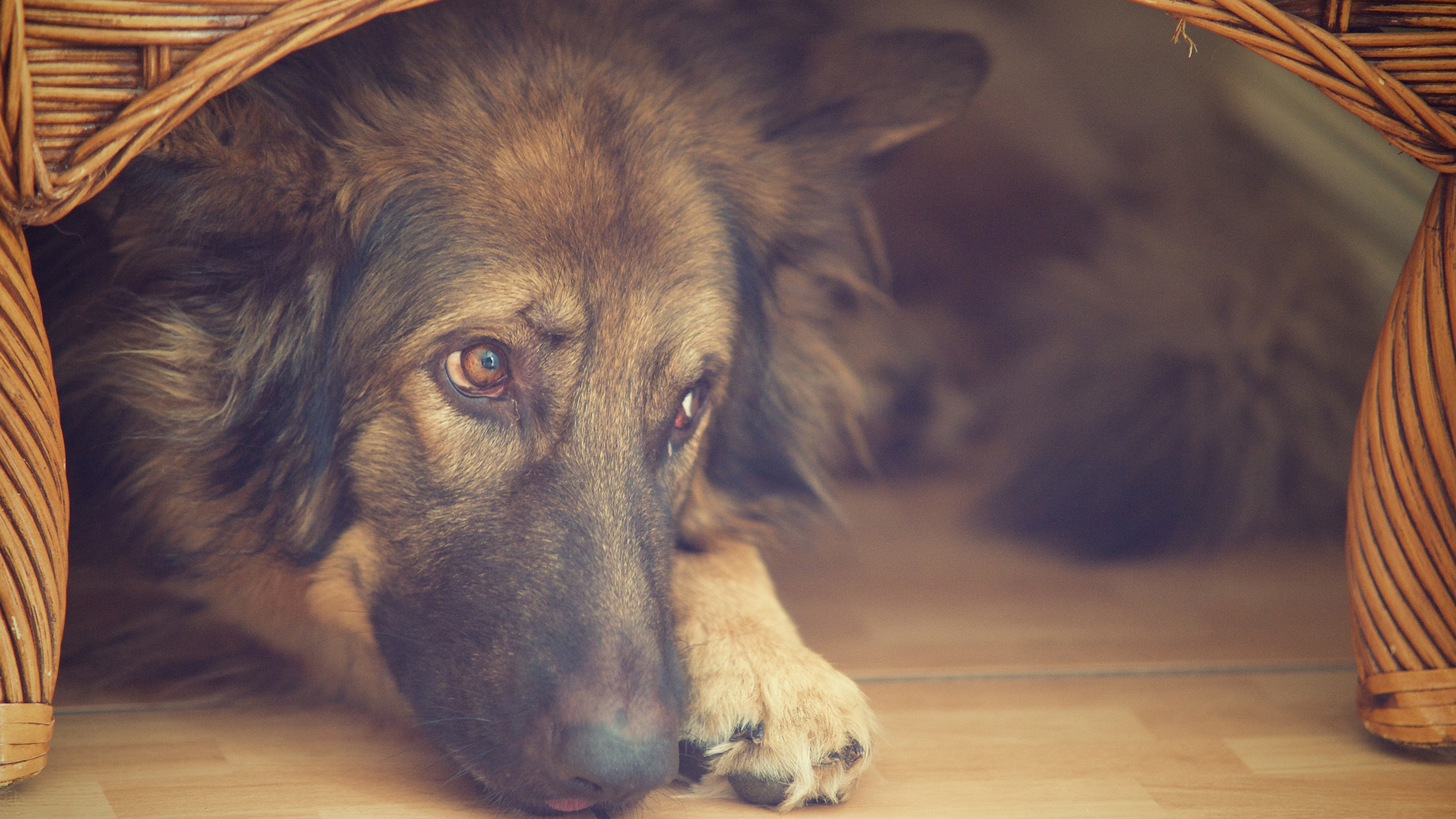
Chew-able hazards
Rabbits are notorious chewers, biting through anything from cables to carpet.
If you’re gift wrapping and have string, ribbon or bows on the floor be aware these can be tempting to your rabbits and if they do eat them it can cause internal blockages, choking or become wrapped around their neck.
Be sure to also keep fairy lights away from pets. Chewing through cables can end up in a nasty electric shock!
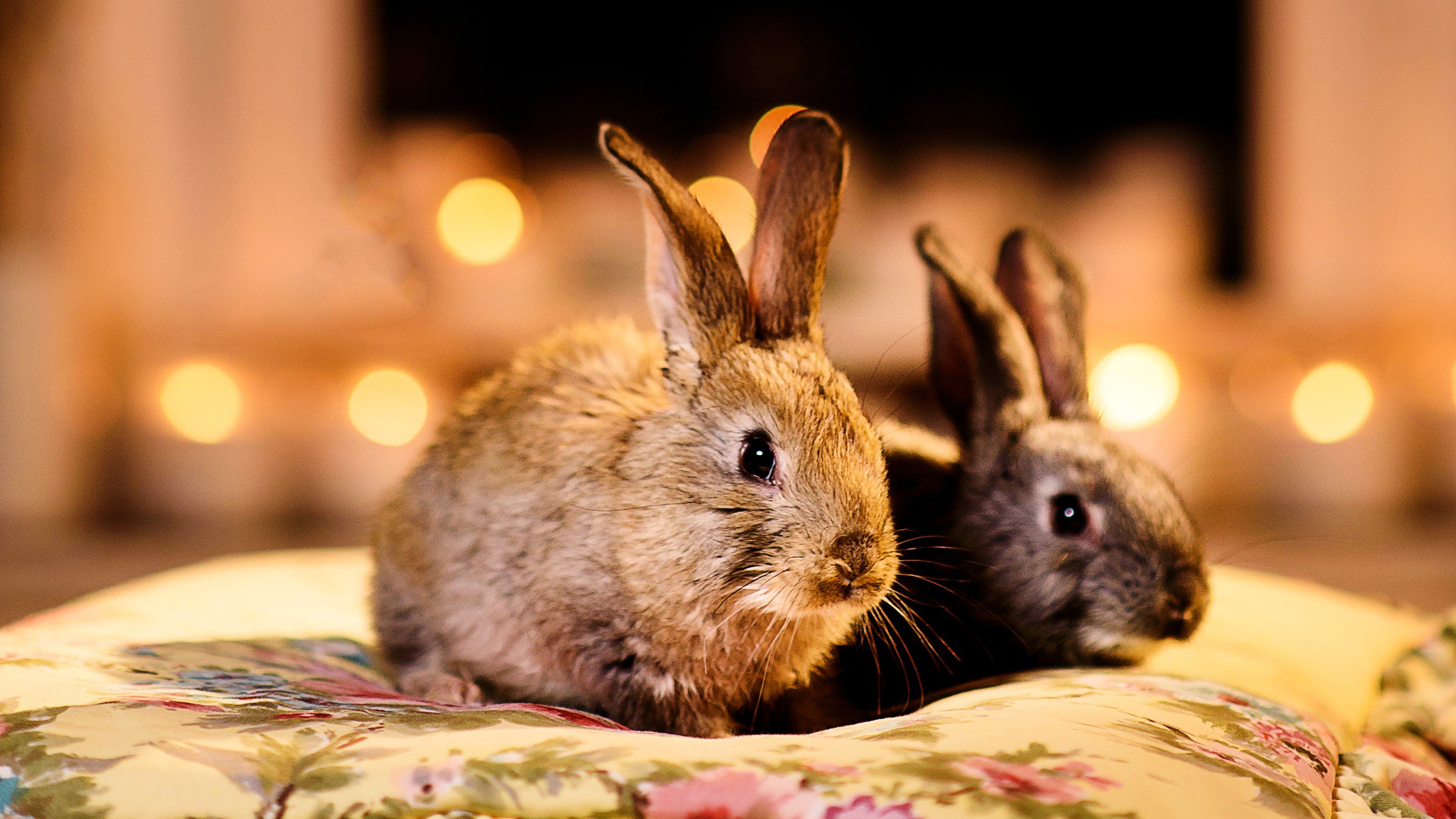
Fireworks
If you'll be celebrating the New Year with some fireworks, it's important to consider how they might affect our pets.
Sound sensitivities, including fireworks, are very common in dogs and reactions range from mild to extreme.
Although loud noises can alarm cats they are not thought to suffer from sound sensitivities as dogs do, the problem for cats is the changes to their environment or routine when they are outside less than normal.
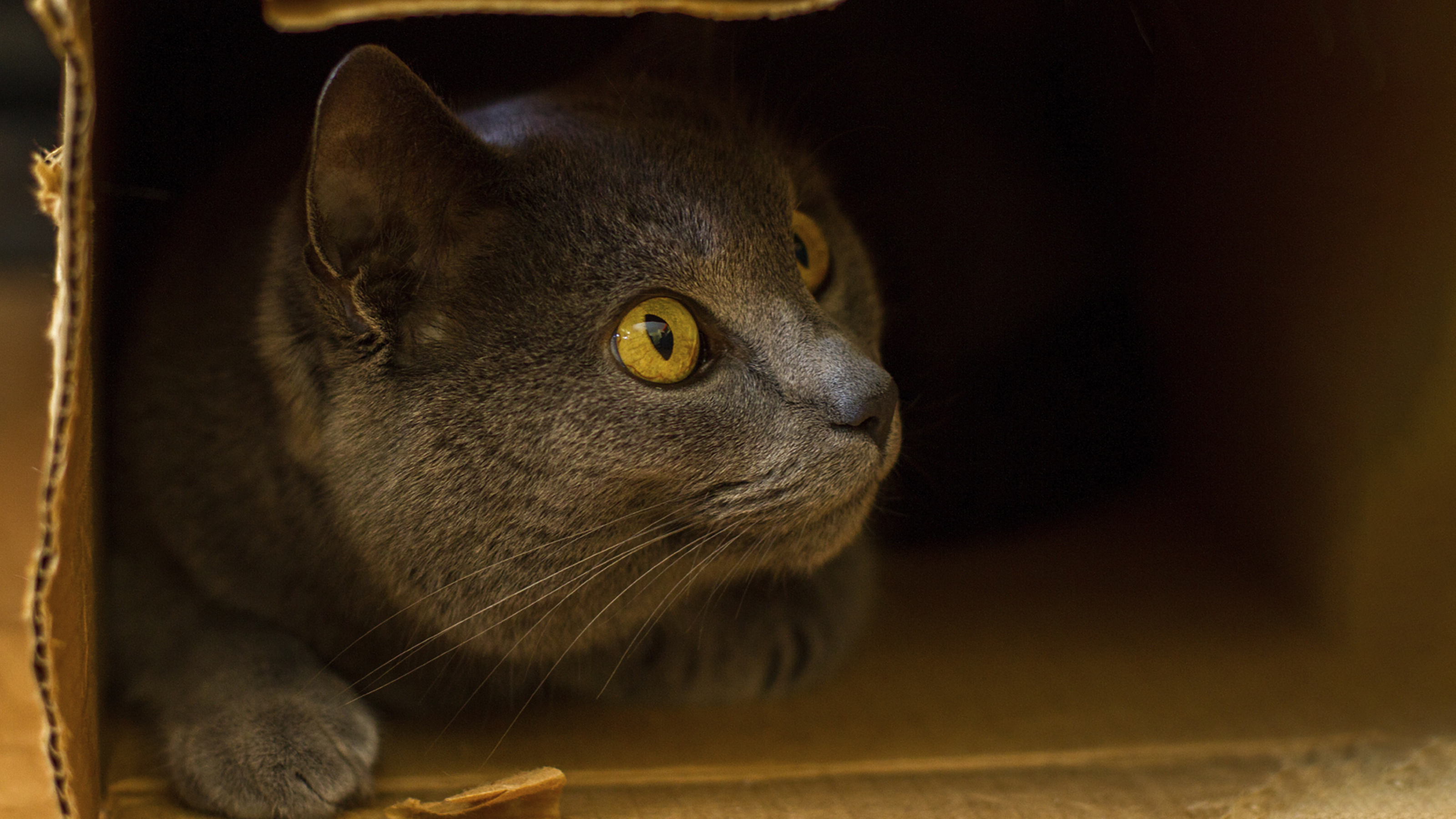
Winter watch outs
Despite their fur, cats, dogs and small furries can feel the cold just the same as humans do, and freezing temperatures can create problems if you’re not prepared during the chilly months.
Antifreeze, grit and snow are just some of the things we need to be careful of during the chilly months.
It's also important to ensure that your pet's water source is not frozen if it's left outside.
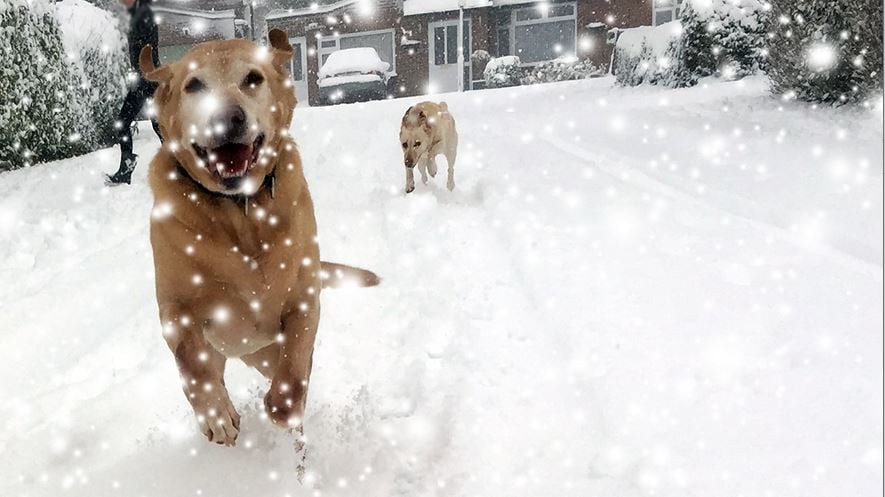
Christmas FAQs
Yes they can be, if ingested. They can cause stomach upsets and also minor injuries due to the spikiness of the pines.
If you do go for a real tree, then cover the water so your pet doesn't drink from it. Another option is to get a tree container that has a built-in cover.
We all want to treat our pets, but over-indulgence in unfamiliar foods or fatty gravies can cause gastroenteritis. The following foods are all toxic to pets:
- Chocolate
- Macadamia nuts
- Onions
- Grapes
- Sultanas and raisins
Small bones can also splinter off and get stuck in your pet’s intestines, so never allow your pet to chew on them.
For a full list of foods that are toxic to pets click here.
Here are our top tips for keeping rabbits and small furries warm this winter:
- Consider bringing them inside, but not next to a radiator and not in a greenhouse or conservatory due to temperature changes.
- Hutches should be raised off the ground to prevent the base becoming damp.
- Provide extra bedding regularly and make sure to keep it dry so it doesn’t freeze overnight.
If you do think that your dog has eaten chocolate, it is very important to call your local Vets4Pets. Signs can be slow to appear, so contacting your vet to discuss a course of action is critical.
They can assess the risk from the chocolate your pet has or may have consumed and advise if you need to bring your pet in or monitor at home.
Whilst some cats dislike the smell of citrus, many are not bothered at all and putting orange peels all around your Christmas tree won’t stop them investigating it at all.
Instead, take a look at our top tips for cat proofing your Christmas tree here.
Grit and salt on your dog's paws can make them sore, so it is important to wash it off. It can also make them poorly if they lick it off, so always rinse your pup's paws after walks. Another option is dog boots, but not all dogs will tolerate this.
Read more expert pet advice
From healthy diets to preventing fleas, find free and helpful pet health and training advice to care for your pet.
